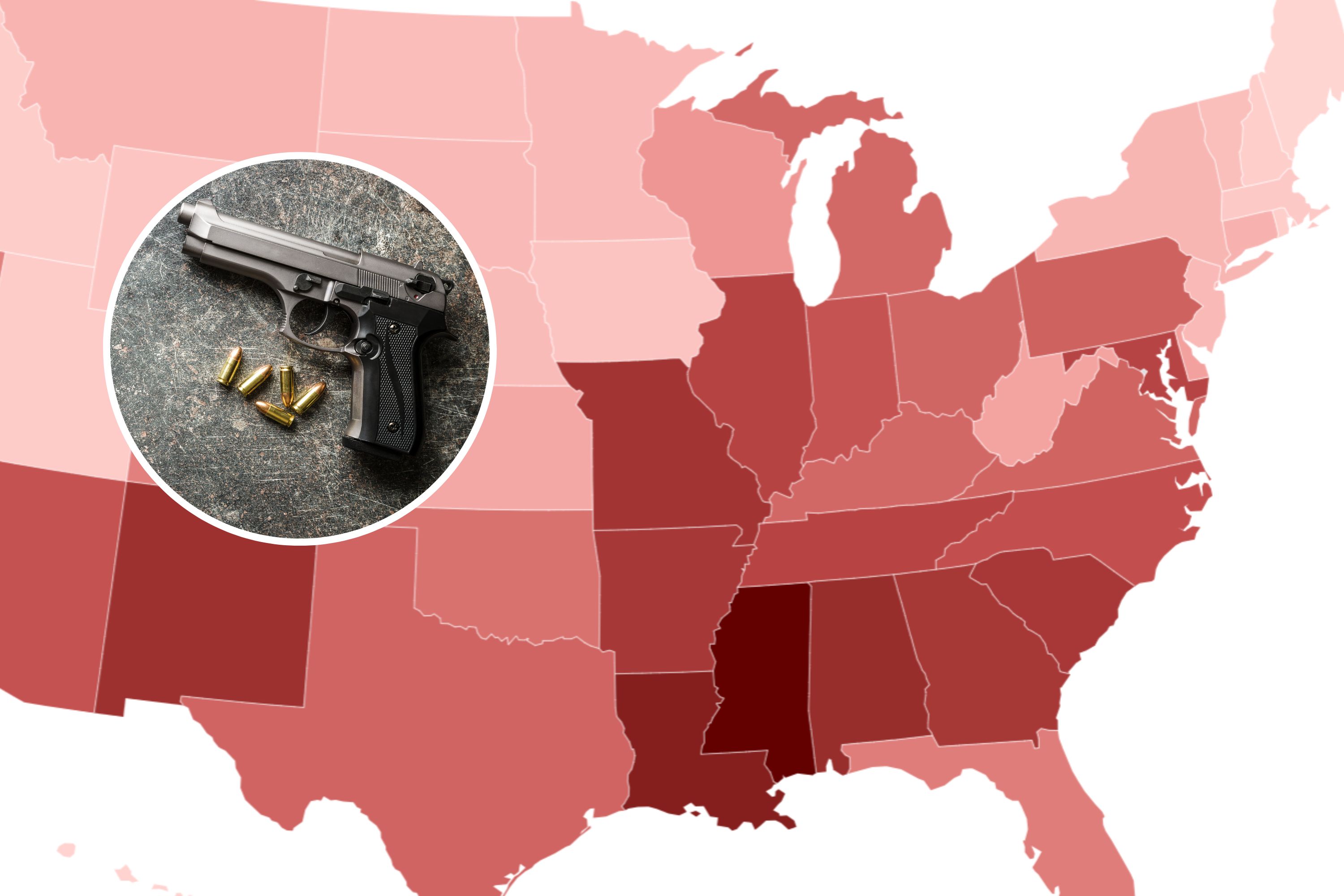The former head of Venezuela's intelligence service has claimed that key allies of President Nicolas Maduro were ready to launch a coup to force the dictator from power in April, but the plot fell apart at the last moment.
General Manuel Ricardo Cristopher Figuera led the notorious SEBIN intelligence agency before defecting in May following a failed uprising by American-backed lawmakers. Now in the U.S., Figuera gave The Washington Post a detailed insight into Maduro's regime.
Figuera claimed he was part of a U.S.-supported plot that would finally force Maduro from office. He said the plan was to flip the Chief Justice of Venezuela's Supreme Court Maikel Moreno, who would convince enough other justices to withdraw support for the president.
The judges would then re-legitimize the opposition-controlled National Assembly, which was stripped of its power by the supreme court under Maduro's orders in 2017. The body has already recognized Juan Guaido as interim president of Venezuela, and with its powers reinstated could force Maduro from office once and for all.
Figuera claimed the plot had the support of Moreno and Defense Minister Vladimir Padrino Lopez, whose support was the key to controlling the country's powerful military. Padrino said he would abandon Maduro and support the revitalized National Assembly, denying Maduro one of his staunchest and most significant allies.
Though the U.S. was kept informed of the plan and lent advice, it was a homegrown project, Figuera told the Post. The date was set for May 1—May Day.
The former spy chief characterized the days leading up to the failed coup as nervy. At an April 23 meeting at Moreno's mansion in Caracas, Figuera said the chief justice appeared hesitant and even suggested that he, rather than Guaido, should become president once Maduro had been deposed. The Post said his comments were confirmed by "several people" present.
Moreno had already reportedly demanded more than $100 million as the price of his support for the coup, the Post said, after which he was supposed to stay on as chief justice. The judge told people involved in the discussions he needed the money to bribe fellow justices and to establish a personal safety net.
On April 27, Figuera said he met with both Moreno and Padrino at Padrino's home. Both appeared nervous during the short conversation, he recalled, and "kept looking at each other nervously."
Uncertain of the general's continued support, Figuera called Padrino the following day to shore up the planned coup, now just days away. But Figuera said Padrino was watching Avengers: Endgame and said he "didn't want to talk."
The plotters eventually accelerated the schedule, fearing that Maduro-supporting armed gangs might attack pro-Guaido May Day protests. April 30 was the new date, but Padrino told Figuera the change was a "crazy" idea.
As April 30 dawned and Guaido—standing at La Carlota military base in Caracas—called on citizens to rise up, it quickly became apparent that the coup was a non-starter. Moreno failed to deliver the National Assembly's powers and Padrino failed to abandon Maduro. Asked to turn himself in, Figuera instead fled across the border to Colombia into the arms of American intelligence agents.
Moreno and Padrino, along with other key Maduro allies, have since said they had nothing to do with the plot. Both have remained loyal to the president as Guaido's challenge has faltered. It now appears the U.S. gamble on a quick victory for the democratic opposition has failed.
Two days later, Padrino appeared alongside Maduro on television, and said he and the armed forces had "come to ratify our loyalty...to the supreme commander of the armed forces, who is our only president, President Nicolas Maduro."

Uncommon Knowledge
Newsweek is committed to challenging conventional wisdom and finding connections in the search for common ground.
Newsweek is committed to challenging conventional wisdom and finding connections in the search for common ground.
About the writer
David Brennan is Newsweek's Diplomatic Correspondent covering world politics and conflicts from London with a focus on NATO, the European ... Read more





